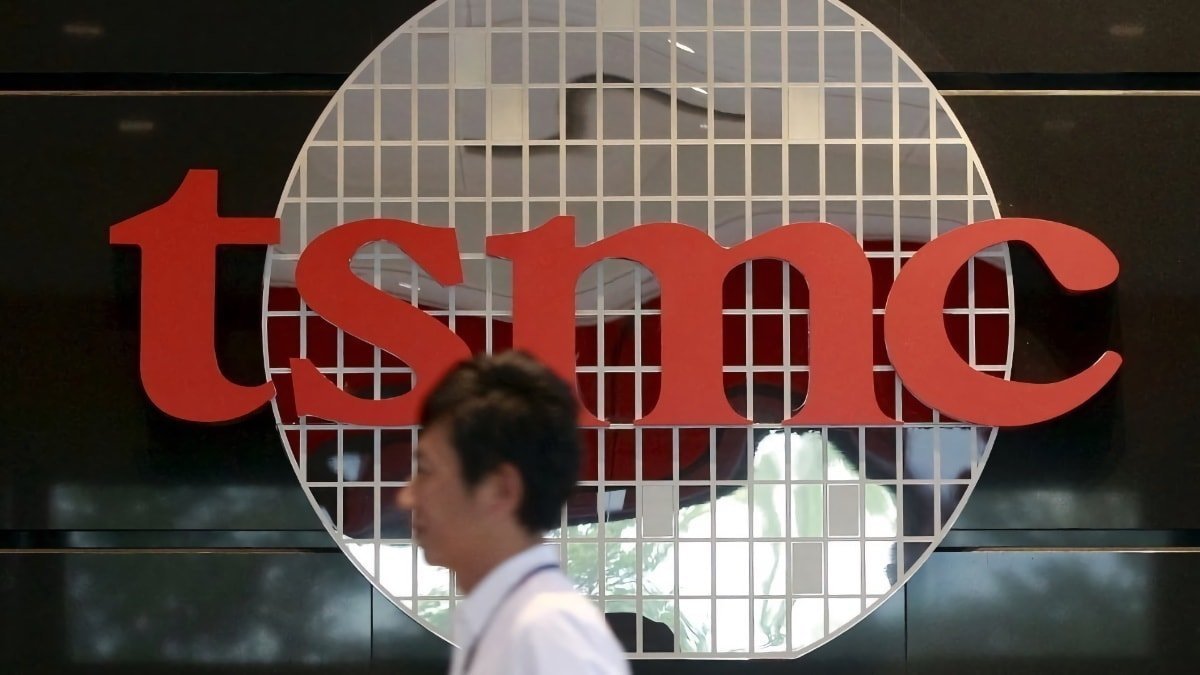China’s government has moved forward with restricting exports on certain materials central to chip manufacture — but TSMC does not foresee this will impact production in the short term for Apple devices.
Tensions between the United States and China continue, with the two government bodies going back and forth with specific restrictions impacting businesses on both sides. It’s notable enough that major companies like TSMC are considering moving some of its operations to Japan, hoping to avoid some potential blowback.
Now the government has moved a step forward by restricting exports on certain materials that are directly connected to chip manufacturing: germanium and gallium. A recent report from Reuters says the world’s largest contract chipmaker, Taiwan Semiconductor Manufacturing Company, does not foresee any direct impact to its production following the Chinese government’s decision.
That decision arrived on July 3, and one Chinese trade adviser has said it’s “just a start” to what may be coming down the pipe.
In an emailed statement, TSMC said, “After evaluation, we do not expect the export restrictions on raw materials gallium and germanium will have any direct impact on TSMC’s production.” The company added that it will “continue to monitor the situation” as it unfolds.
The tensions relate in part to trade disputes between the two countries. If those issues worsen, it’s possible the Chinese government could double down on export restrictions moving forward, as is suggested by that aforementioned trade adviser.
U.S. Treasury Secretary Janet Yellen is scheduled to visit with the Chinese government soon, and trade talks are on the docket. If these talks go well, it’s possible the Chinese government will lift the current restrictions it has in place, but things could go the other way, too.
The report also notes that other companies that rely on access to the restricted materials from China may also avoid any major issues due to the change, as they get the majority of their materials from other sources, like Germany, Japan, and even the U.S.
This story originally appeared on Appleinsider

